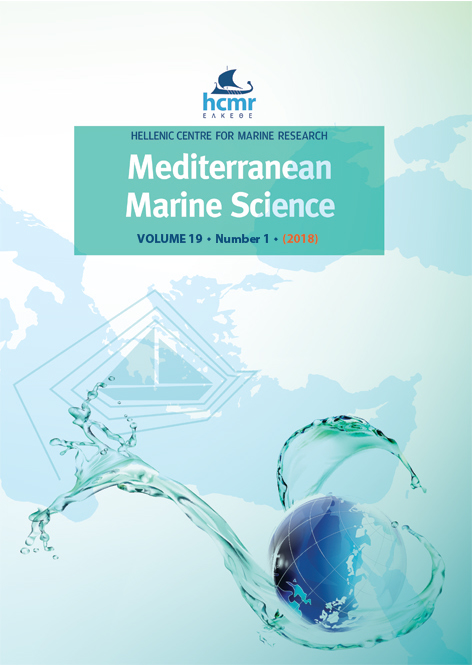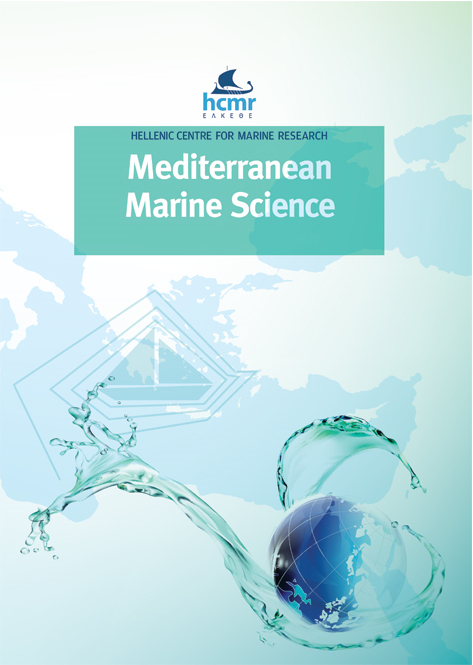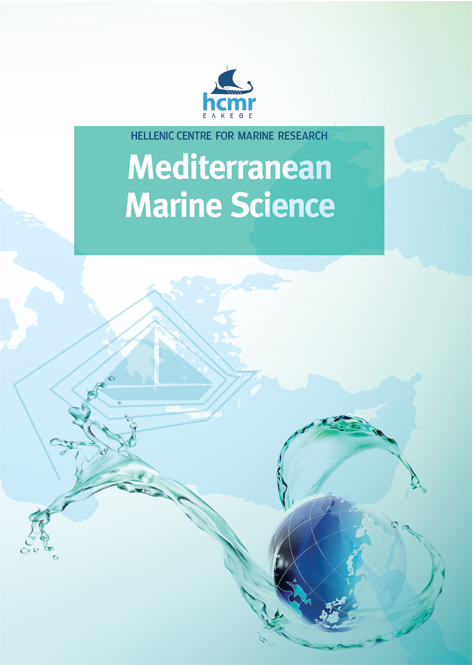Reconciling Trends of Mean Trophic Index and Mean Temperature of the Catch in the Eastern Mediterranean and Black Seas
Resumen
The mean trophic level, i.e., the Mean Trophic Index (MTI) and Mean Temperature of the Catch (MTC) were estimated for Turkish waters in the Eastern Mediterranean and the Black Sea based on the reconstructed marine fisheries catches (consisting of N = 88 species and/or higher taxa) of in Turkish waters for the year 1950 to 2010. The MTI decreased in both regions of Turkey, following expectations, but the MTC showed different trends in these two regions. It increased (by 0.48 °C·decade-1), along with the SST in the Eastern Mediterranean, while it fluctuated in the Black Sea. This fluctuating behaviour, however, was similar to the fluctuating tendency of SST in the Black Sea. This suggests that the MTI and MTC can be relied upon as indicators of fisheries impacts on ecosystems, and of the impact of changing temperatures on fisheries, respectively.
Article Details
- Cómo citar
-
KESKIN, ÇETIN, & PAULY, D. (2018). Reconciling Trends of Mean Trophic Index and Mean Temperature of the Catch in the Eastern Mediterranean and Black Seas. Mediterranean Marine Science, 19(1), 79–83. https://doi.org/10.12681/mms.1882
- Número
- Vol. 19 Núm. 1 (2018)
- Sección
- Short Communication
Authors who publish with this journal agree to the following terms:
- Authors retain copyright and grant the journal right of first publication with the work simultaneously licensed under a Creative Commons Attribution Non-Commercial License that allows others to share the work with an acknowledgement of the work's authorship and initial publication in this journal.
- Authors are able to enter into separate, additional contractual arrangements for the non-exclusive distribution of the journal's published version of the work (e.g. post it to an institutional repository or publish it in a book), with an acknowledgement of its initial publication in this journal.
- Authors are permitted and encouraged to post their work online (preferably in institutional repositories or on their website) prior to and during the submission process, as it can lead to productive exchanges, as well as earlier and greater citation of published work (See The Effect of Open Access).







